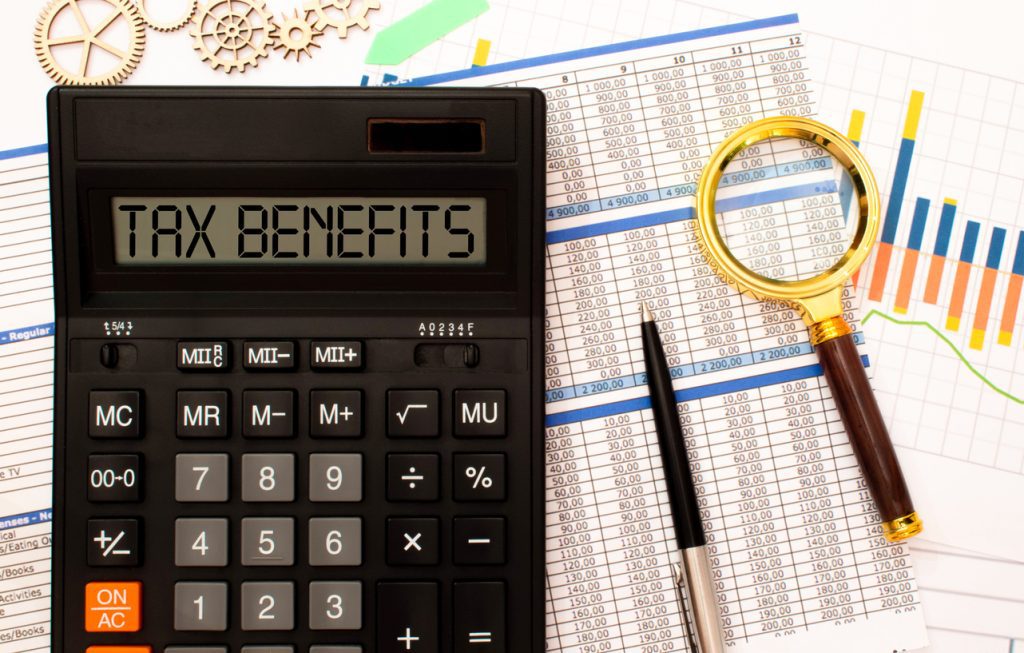Budget 2023: What you need to know
By Andrew Dunbar | 10/05/2023

Summary
- Cost of living measures include energy bill relief for eligible households and small businesses, cheaper 60-day scripts for some medications, and a tripling of the bulk-billing incentive.
- In superannuation, the tax concession for those with $3M+ super will reduce on 1 July 2025, no extension to the halving of pension minimum has been announced, and employers will be required to pay employees’ superannuation contributions at the same time as wages from 1 July 2026.
- In personal income tax, no changes were announced to the previously legislated stage 3 tax cuts, but they cannot be ruled out in the future, with more than a year until the next stage is due to commence.
- For small businesses, the instant asset write-off has been increased to $20,000 and incentives introduced to save on efficient energy use.
- The government will also target scams, investing $86.5 million to combat growing online fraud.
The Labor Government has handed down its first full-year Budget. Here’s what you need to know.
Cost of living
As predicted, cost of living was high on the agenda in this Budget, and the government has introduced measures to reduce energy and healthcare costs, two significant contributors to financial stress. The measures include:
- Up to $500 household electricity bill relief for pensioners, Commonwealth Seniors Health Card holders and Family Tax Benefit A and B holders.
- Up to $650 electricity bill relief for small businesses that are customers of an electricity retailer.
- An increase in the dispensing limit for over 320 medicines, which will see many Australians with stable, ongoing health conditions able to access a 60-day script for the cost of a single script.
- A tripling of the bulk-billing incentive for doctors to encourage more doctors to use the scheme for common consultations with pensioners, Commonwealth Seniors Health Card holders and patients aged under 16 years.
Superannuation
As expected, the tax concessions for those with superannuation totalling more than $3 million has been reduced, bringing the headline rate up to 30% on 1 July 2025. This is likely to affect 0.5% of superannuation holders, and if this is you, we encourage you to speak to your adviser well before the changes come into effect. You can also read more on strategies to minimise the impact here.
The measure will not limit the amount of money an individual can hold in superannuation. The current contributions rules continue to apply.
The government did not announce any extension of the halving of the account-based pension and term-allocated pension minimum drawdown requirements, which have been in effect since 2019–20. As a result, the minimum drawdown requirements will likely revert to 100% of the standard minimum from 1 July 2023 for account-based pensions, transition-to-retirement pensions and term-allocated pensions.
A change has also been proposed from 1 July 2026 that will see employers required to make superannuation contributions at the same time as wages are paid. The government says this is designed to help employers stay on track and increase the overall retirement benefit for employees.
Personal taxation
No changes were announced to the legislated personal income tax cuts introduced by the former government, with stage 3 due to take effect on 1 July 2024.
While the current government had previously ruled out any changes in this area, there has been ongoing speculation about whether it would be delayed, modified or cancelled given it comes at a significant cost to the Budget and particularly benefits higher income earners.
With more than a year until the next stage is due to commence, a change before it takes place cannot be ruled out.
Business owners
The government announced two measures to support small businesses and improve cashflow:
- A temporary increase to the instant asset write-off, lifting the threshold to $20,000 from 1 July 2023 – 30 June 2024.
- An energy incentive, with small and medium businesses, with an aggregated annual turnover of less than $50 million able to deduct an additional 20 per cent of the cost of eligible depreciating assets that support electrification and more efficient use of energy.
Fighting scams
The government will provide $86.5 million over three years from 2023–24 to combat scams and online fraud. This includes $58 million over three years to establish a National Anti-Scam Centre and $17.6 million over four years (and $4.4 million annually ongoing) to ASIC to identify and take down phishing websites and investment scams.
Scams remain a growing challenge across the globe, and while this funding will help on a large scale, individuals are encouraged to take action to protect themselves. You can find some tips from the Apt team here.
As always, if you are concerned you will be impacted by any of the changes announced in the Budget, we strongly encourage you to speak to your adviser. You can also download a more detailed Budget rundown here.
General Advice warning
The information provided in this blog does not constitute financial product advice or a recommendation to purchase a particular product. The information is of a general nature only and does not take into account your individual objectives, financial situation or needs. It should not be used, relied upon, or treated as a substitute for specific professional advice. Apt Wealth Partners Pty Ltd is not a registered Tax Agent. You should consider your individual situation and seek tax advice from a registered tax agent before making any decision based on the content of this document. Apt Wealth Partners (AFSL and ACL 436121 ABN 49 159 583 847) recommends that you obtain professional advice before making any decision in relation to your particular requirements or circumstances.









